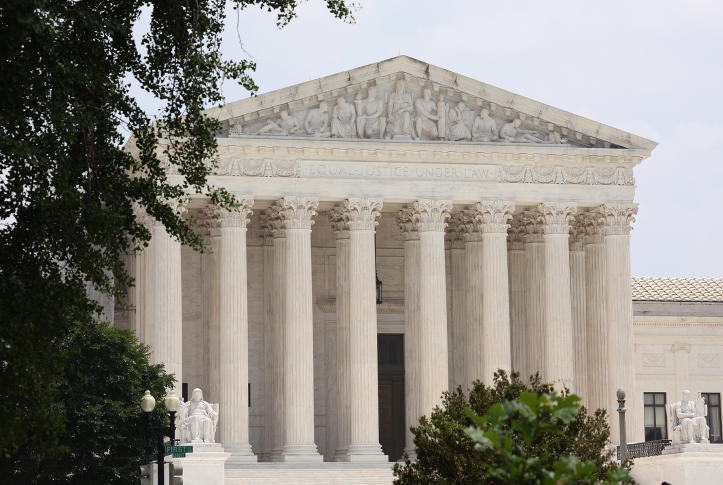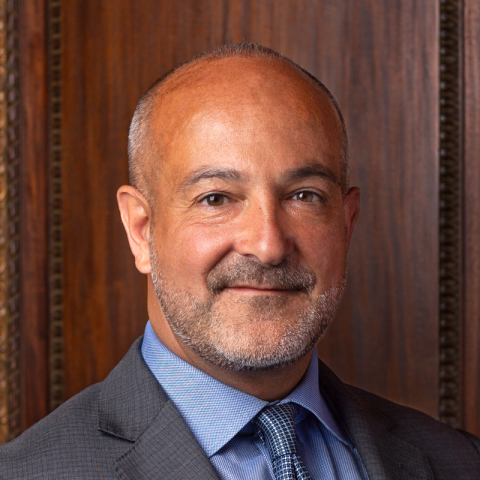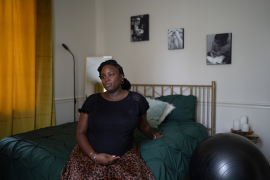To some, last week’s Supreme Court decision to strike down race-conscious admissions in undergraduate education may feel like justice. But many are feeling anger, outrage, and a stinging sense of inequity and despair. As with several other recent Court decisions, there is a prevailing sense that legal precedent has been overturned and progress is running in reverse.
As a clinician who has spent a career mentoring students across educational settings, I have some perspective on this issue. And I am here to say that I have hope.
Despite efforts by some to make this a complex debate, I am drawn back to a simple set of facts. First, over the course of our nation’s history, there have been deliberate efforts to lawfully (or otherwise) exclude — or even prohibit — the admission of individuals of diverse backgrounds into institutions of higher learning. This has acutely impacted people of color.
Race has been just one of many characteristics that institutions of higher learning have considered to create diverse and excellent classes. This has served as a deliberate counterweight to ensure that those who have been excluded, or discriminated against, are included and that diverse perspectives become part of the fabric of the educational experience.
There is evidence that diverse perspectives create better educational environments and lead to better decisions and better performance. Diversity does not come at the expense of excellence; to the contrary, true efforts to achieve diversity go the extra mile to identify excellence, and this leads to more excellence.
The consideration of race does not come at the expense of excellence or merit; race is not a proxy for lower achievement or less potential. Consideration of various characteristics and lived experiences provides the opportunity to identify untapped potential and provide more people the opportunity to benefit from educational advancement.
Finally, there are many factors that universities consider when they build their classes — athletic ability, musical talent, or being children of alumni or donors. These admissions are rarely called into question, and the assertion that such individuals have less merit, or less potential, is rarely a topic of conversation.
There is a double standard when it comes to race. This should come as no surprise, given our nation’s history, the regrettable politicization of almost any issue, and the intense polarization we endure today.
We must adjust to this new reality. But, I have hope — even in the aftermath of a decision I feel is misguided, and that many feel will have a devastating impact on students of color and the future of our nation.
I have hope because I believe that institutions of higher learning won’t turn back the clock. They understand the value of diversity. They know that with diversity comes opportunity and excellence and this doesn’t mean sacrificing merit. The responses to the decision that we have all seen and read have made this clear and given me confidence.
My hope is also based in evidence. After the passage of Proposition 209 and the elimination of affirmative action in admissions, the University of California’s medical schools initially experienced a chilling effect that led to a decrease in diversity. Yet, after new holistic measures were developed and implemented, the system now boasts some of the most diverse medical schools in the country.
And, finally, what about those students? From high school to college, graduate school, medical school, and health professions training, I interact with students all the time. They are smarter and more inspiring than ever. They will not be held back, and those with the greatest contributions will be easily identified through new, more holistic, admission reviews. These will lead to even greater diversity and excellence in classrooms than before. They are my greatest source of hope.
Necessity is indeed the mother of invention, and invention the foundation of evolution. At the Commonwealth Fund, we are excited to witness and support this exciting evolution at the national level. And to all, we say simply: stay hopeful and committed to diversity and excellence. Have hope in the midst of despair.




